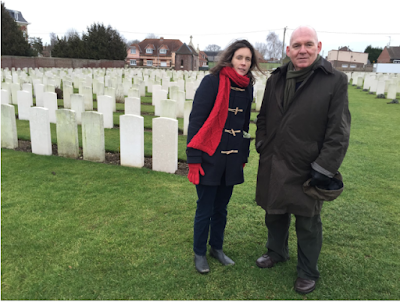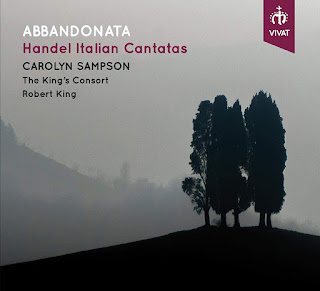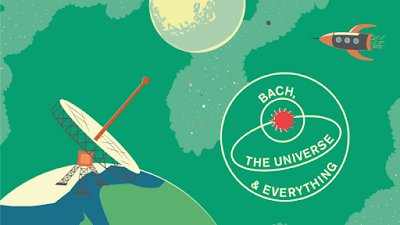 |
| Miina Härma |
From Tallin to St Petersburg, Solitudes; Kai Rüütel, Roger Vignoles, Mr McFall's Chamber; Oxford Lieder Festival at the Holywell Music Room
Reviewed by Robert Hugill on 17 October 2018
Star rating: 4.5
Estonia and the Baltic was the theme for a pair of concerts which revealed little-known riches
This year's Oxford Lieder Festival is celebrating the Grand Tour, and as well as the major stops in European music we have some less well known musical cultures. As part of my day at the festival on Thursday 17 October 2018, I caught their visit to the Baltic. The evening recital was given by the Estonian mezzo-soprano Kai Rüütel and pianist Roger Vignoles; From Tallin to St Petersburg gave us a flavour of the various influences in Estonian music with songs by Estonian composers from the 19th and 20th centuries, Russians Sergei Rachmaninov and Nikolai Rimsky-Korsakov and the German Johannes Brahms (who was from the Hanseatic port of Hamburg). The rush hour concert was given by the Scottish group Mr McFall's Chamber who presented a programme of Baltic instrumental music, with works from Estonia, Latvia and Finland, including some Finnish tango! And to give us a flavour of the Estonian language being sung in the evening, the day started with a useful Estonian language lab, where Kerli Liksor introduced us to the basics of the Estonian language.
For the evening concert at Holywell Music Room, Kai Rüütel and Roger Vignoles' programme
From Tallinn to St Petersburg brought out the different foreign links to Estonian music. Though a Russian colony in the 19th century, Estonia had a long tradition of being locally governed by a German merchant class thanks to the Hanseatic links. So whilst 19th century composers went to study in St Petersburg, the peasants also adopted German habits which is where how the Estonian tradition of communal song developed.
 |
| Ester Mägi |
Rüütel had clearly put a lot of thought into the programme, not only did she sing the entire thing from memory but she had contributed English translations to many of the Estonian songs. Luckily the programme was being recorded by the BBC for broadcast on BBC Radio 3 at some future date.
We started with a song by Miina Härma (1864-1941),
I cannot stay silent. Härma studied at the St Petersburg Conservatoire, and is still revered in Estonia as a choral composer and conductor and in fact
I cannot stay silent (written in 1896) is often sung by choirs. An elegiac, folk-like piece, Rüütel sang it unaccompanied.
The Brahms group followed, four songs from his
Fünf Lieder, op.105 written between 1885 and 1886.
Wie Melodien though nicely flowing was perhaps a little too sober and serious, but it did give us a fine flavour of Rüütel's rich-toned mezzo-soprano. She relaxed more into
Immer leiser wird mein Schlummer which was beautifully shaped with a sense of a still, quiet centre, and a moment of vibrant drama towards the end.
Klage was lighter and more characterful, though still with a serious demeanour.
Auf dem Kirchhofe started with Roger Vignoles' dramatic piano, and the vocal line had the feeling of dramatic recitative, again very focused, serious and intent.
A group of songs by Sergei Rachmaninov (1873-1943) followed.
In the silence of the forest was full of melancholy longing, with its evocatively chromatic piano and richly romantic vocal line, sung by Rüütel with lots of vibrant yet focused tone.
The Soldier's Wife was still melancholy, yet a little folk-inspired with a haunting melismatic passage at the end.
How fair is this spot flowed beautifully, moving from a sense of longing to a radiant end.


































%20in%20The%20Merry%20Widow.%20Credit%20Mihaela%20Bodlovic.%20(2).jpg)

%20in%20Trial%20by%20Jury.%20Credit%20Mihaela%20Bodlovic..jpg)

.jpg)
%20Britten%20Pears%20Arts%20(1).jpg)


